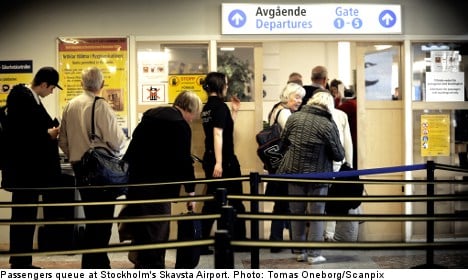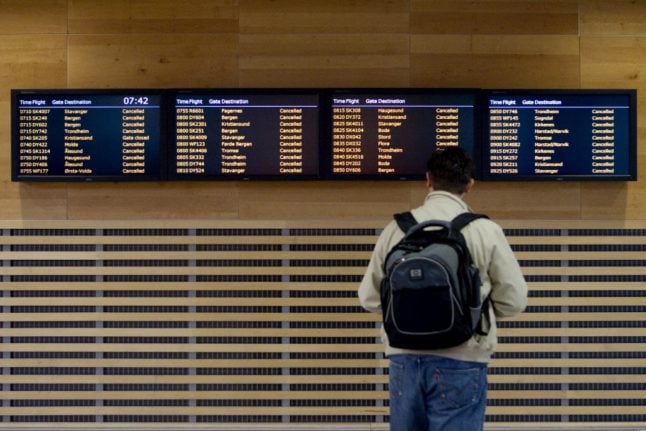The airport, located around 100 kilometres southwest of Stockholm, was sold for 2,440 million kronor ($372.9) in a joint deal with the Belfast International airport.
The airport is located in the city of Nyköping, but is referred to as a Stockholm airport, and is the second largest airport in Stockholm and the third largest in Sweden. Skavsta is used by low-cost airlines and cargo operators and serves 2.5 million passengers each year.
The transaction “forms part of Abertis’ strategy to continually manage its portfolio in order to optimize the company’s asset base,” the company wrote in a statement.
The deal is pending approval of shareholders and regulators in the US.
ADC & HAS Airports Worldwide is based in the US, and is currently working on projects in Costa Rica and Ecuador.
TT/The Local/og



 Please whitelist us to continue reading.
Please whitelist us to continue reading.
Member comments